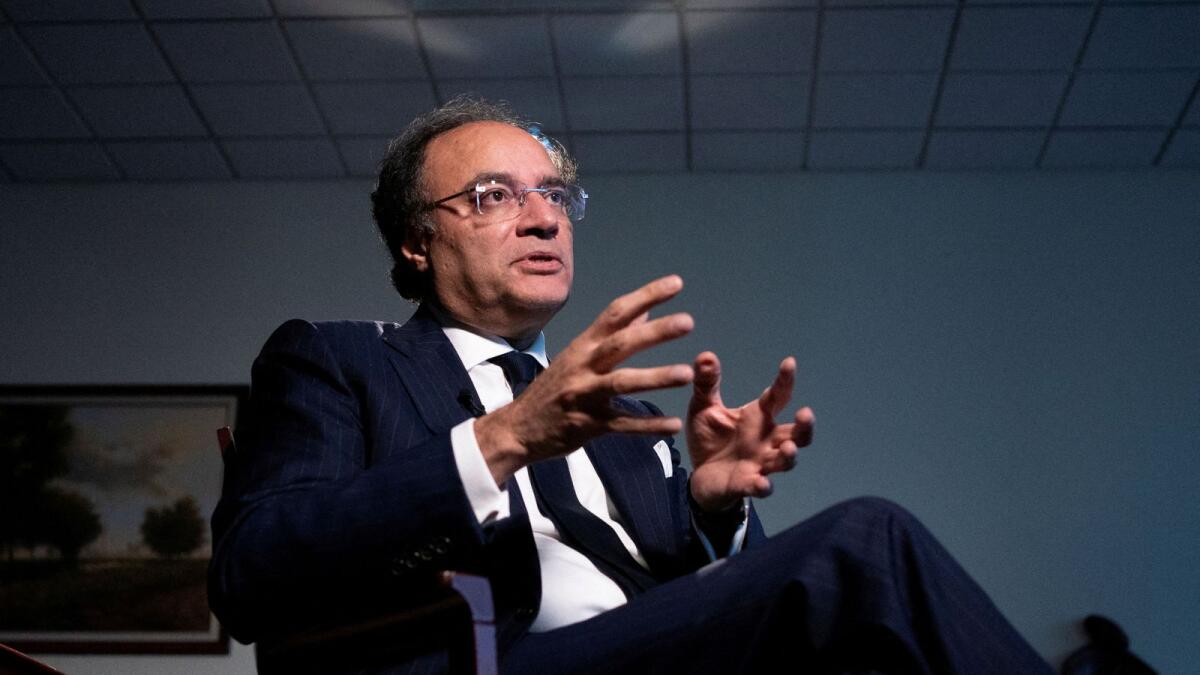The International Monetary Fund (IMF) mission is currently in discussions with Pakistan for a new loan program, as stated by the Pakistan finance ministry. The mission chief, Nathan Porter, met with Finance Minister Muhammad Aurangzeb to initiate discussions on further engagement with the fund. Aurangzeb highlighted the improvements in macro-economic indicators and reiterated the government’s commitment to continuing and expanding the reform agenda. Pakistan is likely to seek at least $6 billion and request additional financing from the Resilience and Sustainability Trust.
The IMF has warned of exceptionally high downside risks for the Pakistani economy, with the team visiting ahead of Islamabad’s annual budget-making process for the next financial year starting on July 1. Pakistan recently completed a short-term $3 billion program that helped prevent sovereign default, but now stresses the need for a fresh, longer-term program. The country’s $350 billion economy has stabilized after completing the standby arrangement, with inflation around 17% in April compared to a record high of 38% last May.
Despite the stabilization, Pakistan still faces challenges such as a high fiscal shortfall and stagnating growth due to import controls used to manage the external account deficit. GDP growth is expected to be around 2% this year ending in June, a significant improvement from negative growth last year. The government’s commitment to reforms and engagement with the IMF signals efforts to address economic challenges and ensure sustainable growth.
As Pakistan looks to secure a new loan program and additional financing from the IMF, the discussions highlight the ongoing efforts to address economic challenges and stabilize the country’s economy. The IMF’s warning of high downside risks underscores the importance of implementing reforms and addressing fiscal shortfalls to ensure sustainable growth. With a focus on macro-economic indicators and reforms, Pakistan aims to continue its progress towards economic stability and growth. The upcoming budget-making process and engagement with the IMF are crucial steps in addressing financial challenges and securing support for the country’s economic development.
The completion of the short-term $3 billion program has helped Pakistan avoid a sovereign default, but the country now seeks a longer-term program to address ongoing economic challenges. Import controls have been used to manage the external account deficit, leading to stagnant growth, but efforts to address fiscal shortfalls and stabilize the economy are underway. Despite challenges, Pakistan’s GDP growth is expected to show improvement, signaling progress towards economic recovery and stability. The government’s commitment to reform and engagement with international partners like the IMF demonstrate a proactive approach to addressing economic challenges and ensuring sustainable growth.
With inflation rates stabilizing and macro-economic indicators showing improvement, Pakistan is making strides towards economic stability. The ongoing discussions with the IMF and focus on reforms highlight the government’s dedication to addressing fiscal shortfalls and fostering growth. As Pakistan navigates economic challenges and seeks external support, collaboration with international organizations like the IMF is critical in achieving long-term financial stability and sustainable growth. The upcoming budget-making process and engagement with the IMF will play a crucial role in shaping Pakistan’s economic future and ensuring continued progress towards a robust and resilient financial system.









